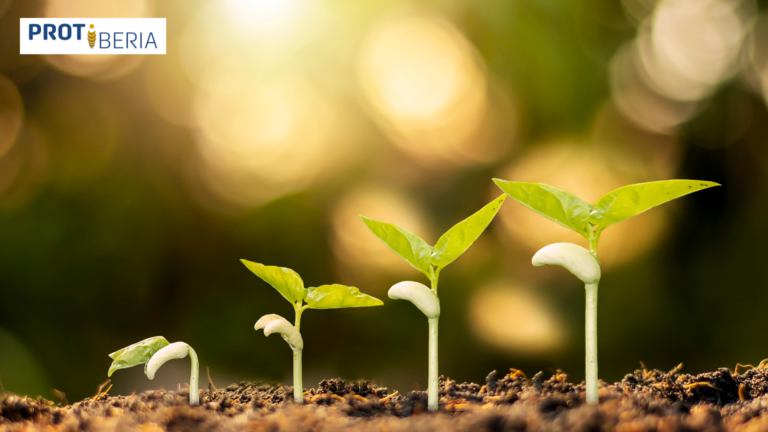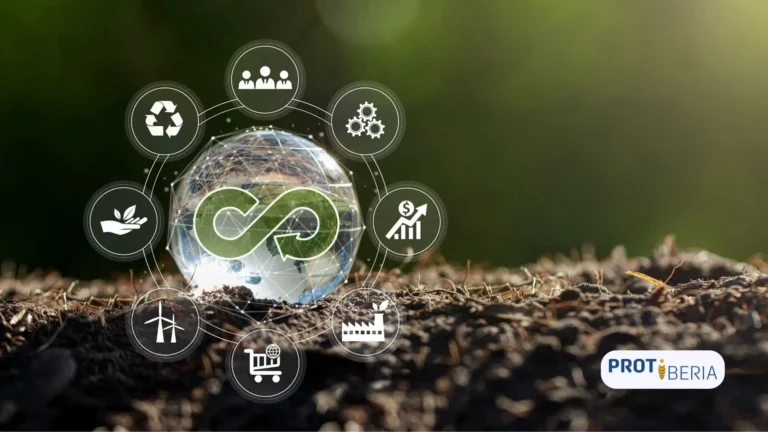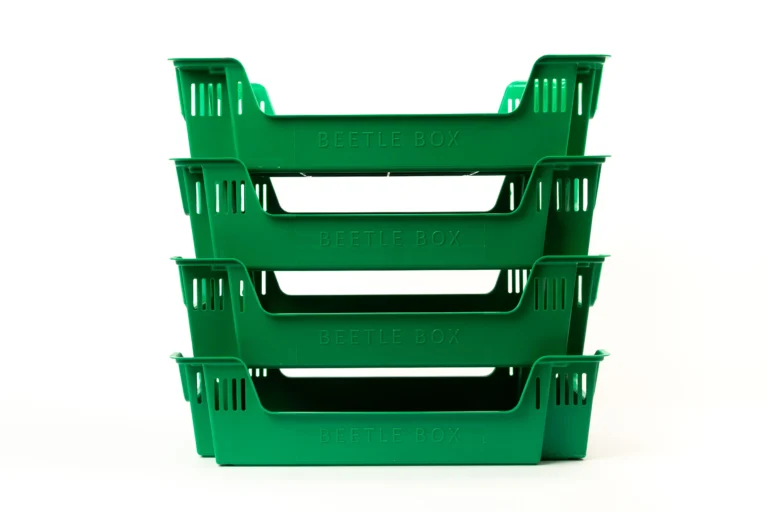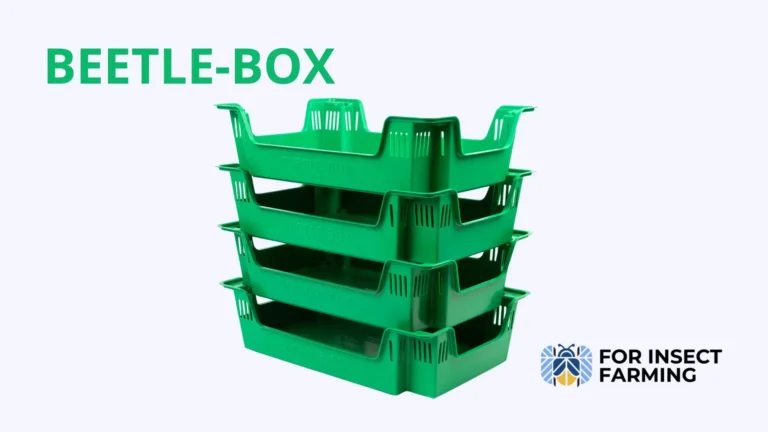| We need to turn to new forms of production that implement sustainable, efficient, safe, and natural measures. This is where the use of frass as an organic fertilizer comes into play. Its high level of organic matter, NPK profile, low moisture content, and absence of heavy metals make it stand out compared to other synthetic fertilizers. |
The environmental effects caused by current food production systems, coupled with the excessive use of synthetic fertilizers and pesticides, are causing a significant ecological impact resulting in problems such as river, lake, and aquifer pollution, soil degradation, deforestation, and loss of biodiversity.
This is why it is necessary to turn to new forms of production that implement sustainable, efficient, safe, and natural measures.
This is where the concept of organic farming comes into play, encompassing all production methods that allow for obtaining food using natural substances and processes, such as the application of organic fertilizers.
What are organic fertilizers?
Organic fertilizers are derived from animal or plant sources and are considered a sustainable and safe alternative to traditional chemical fertilizers. They offer several advantages:
- Provide essential nutrients to the soil.
- Improve soil structure.
- Alter the population of microorganisms.
- Enable better water retention.
- Enhance the exchange of gases and nutrients in plants.
Manure and compost are well-known examples of organic fertilizers. However, there is a newer product with potential to compete in the fertilizer market: frass.
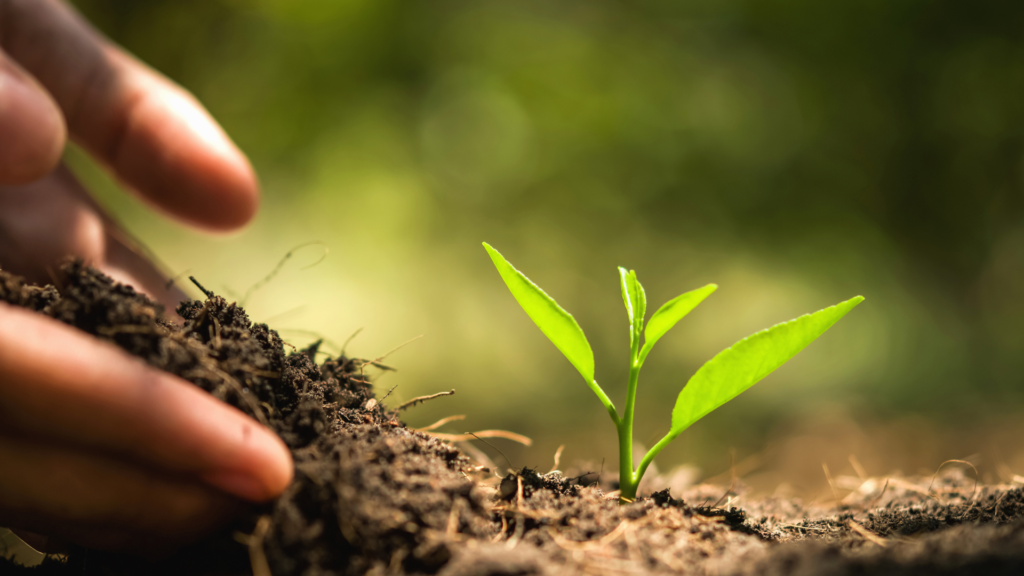
Advantages of frass as a fertilizer
The frass, which is the name for the excrement of certain insects, possesses a series of properties that make it a powerful organic fertilizer.
In this regard, the frass from the mealworm (Tenebrio molitor) is noteworthy, since it contains nitrogen, phosphorus, and potassium (N-P-K), low moisture content, high levels of organic matter, and the absence of heavy metals, positioning it as a fertilizer capable of largely matching traditional synthetic fertilizers, which are less environmentally friendly.
The advantages of frass can be summarized as follows:
- Improves plant health.
- Facilitates nutrient absorption.
- Exhibits antifungal and antibacterial activity.
- Shows insecticidal activity.
- Stimulates plant germination and growth.
- Favors atmospheric nitrogen fixation.
- Induces plant resistance against pests and pathogens.
- Induces tolerance to saline stress and drought.
- It is a 100% natural product.
Protiberia Frass
And you? Will you join the green revolution that represents organic agriculture and sustainability?
If so, let me introduce you to Protiberia Frass, a 100% natural biofertilizer obtained directly in a safe and sustainable manner from our Tenebrio molitor larvae. In addition to having a high and balanced NPK profile, it acts as a biostimulant and provides resistance against pathogenic bacteria and fungi.
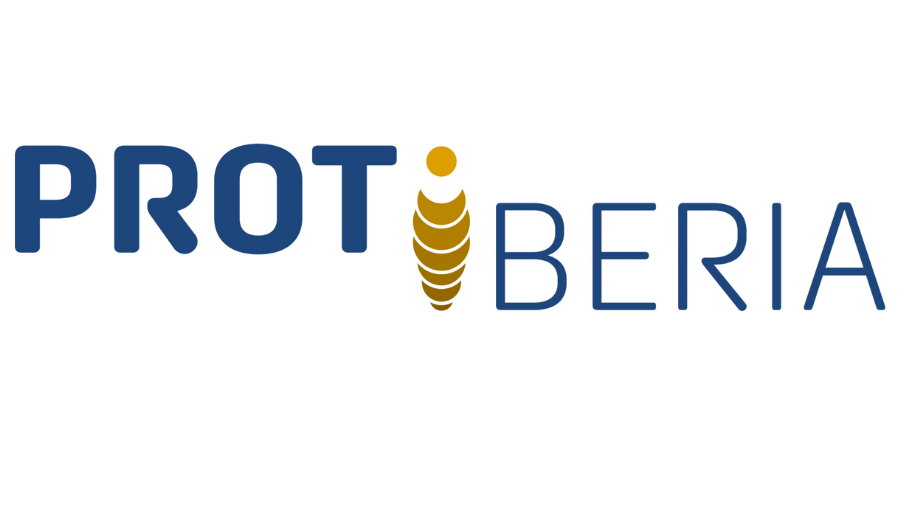
Now that you know more about frass and its use as an organic fertilizer, would you be interested in trying it?
Feel free to contact us!
References
Abonos orgánicos. InfoAgro. https://www.infoagro.com/documentos/abonos_organicos.asp
Arias, J. P. (2018). Nuevos abonos a partir de excrementos de insecto: el caso del gusano de la harina (Tenebrio molitor). Ingeniería y Región, (19), 1-11. https://dialnet.unirioja.es/servlet/articulo?codigo=6973427
Fertilizantes orgánicos, órgano-minerales y enmiendas orgánicas. AEFA: Asociación Española de Fabricantes de Agronutrientes. https://aefa-agronutrientes.org/fertilizantes-organicos-organo-minerales-y-enmiendas-organicas
La agricultura ecológica en pocas palabras. Agriculture and rural development. Comisión Europea. https://agriculture.ec.europa.eu/farming/organic-farming/organics-glance_es
